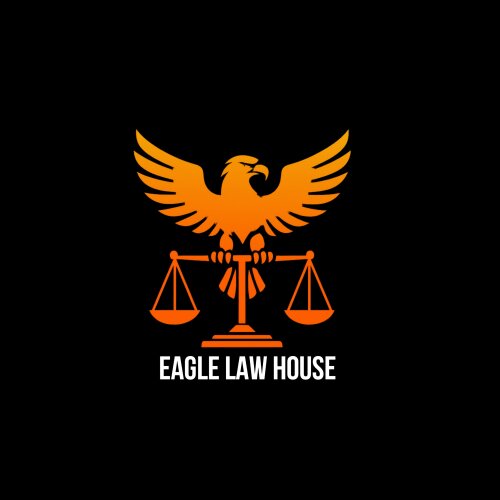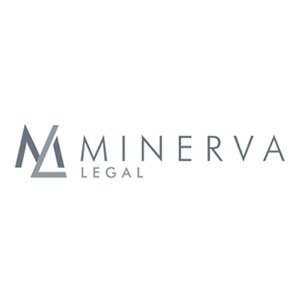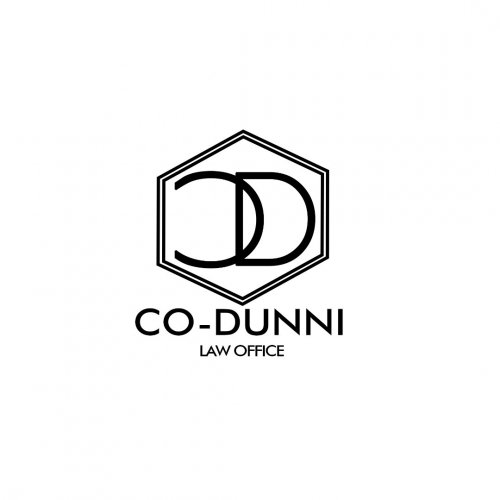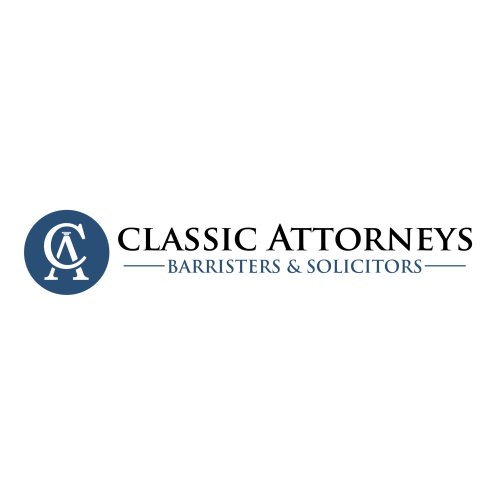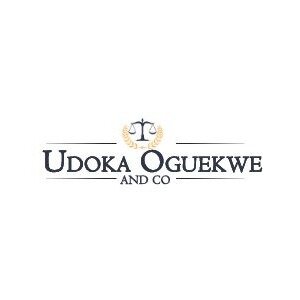Best General Litigation Lawyers in Nigeria
Share your needs with us, get contacted by law firms.
Free. Takes 2 min.
Or refine your search by selecting a city:
List of the best lawyers in Nigeria
Legal guides written by Adeola Oyinlade & Co:
- Procedure and Requirements for Work Permit and Visas in Nigeria
- The Step-By-Step Procedure of How to Apply for Microfinance Bank License Online in Nigeria
- How to Ensure the Smooth Recognition and Enforcement of Foreign Judgments in Nigeria
Nigeria General Litigation Legal Questions answered by Lawyers
Browse our 1 legal question about General Litigation in Nigeria and read the lawyer answers, or ask your own questions for free.
- Damages claims from non payments of terminal benefits
- A new company taking over a liability ( with the terminal benefits from the former company inclusive) and refused payment for 4years plus and counting ..
-
Lawyer answer by Nomos Legal Practice
Hello and thank you for your interest to hire a lawyer to claim or receive damages from non-payments of terminal benefits for over 4 years and counting.We increase access to justice globally as we advise clients on their rights and...
Read full answer
About Litigation Law in Nigeria
Litigation law in Nigeria encompasses the rules and practices involved in resolving disputes in court. The country's legal system is based on a combination of English Common Law, customary law, and legislation, creating a complex landscape for litigators. The judiciary at federal and state levels handles civil and criminal cases, and litigation can happen in various courts, such as the Magistrate Courts, High Courts, and the Supreme Court. Litigation is an essential part of ensuring justice and maintaining law and order within the society.
Why You May Need a Lawyer
There are multiple scenarios where individuals or entities may require legal assistance in litigation:
- Filing or defending against a lawsuit related to commercial disputes, property conflicts, or contractual breaches.
- Handling family law matters such as divorce, child custody, and inheritance disputes.
- Challenging or enforcing wills, estates, or trusts.
- Defending oneself in criminal prosecutions or initiating private prosecutions.
- Resolving employment disputes regarding wrongful termination or workplace discrimination.
- Addressing land disputes or issues with property titles.
- Protecting intellectual property rights or addressing violations.
Engaging a lawyer who specializes in litigation ensures that you understand the legal processes and have professional representation, which is crucial in achieving favorable outcomes.
Local Laws Overview
Nigerian litigation is governed by an array of laws and procedural rules:
- The Constitution of the Federal Republic of Nigeria, which serves as the supreme law.
- Federal laws passed by the National Assembly and state laws by State Houses of Assembly.
- The Civil Procedure Rules of various courts which dictate the process for civil litigation.
- The Criminal Procedure Act and the Administration of Criminal Justice Act, which guide criminal proceedings.
- Customary and Sharia laws, applicable in certain regions and cases where personal laws are invoked.
- Judicial precedents, stemming from past court decisions, which play a significant role in shaping litigation outcomes.
Understanding these frameworks is imperative for any litigation process, with legal assistance often required to navigate their complexities effectively.
Frequently Asked Questions
What is the difference between civil and criminal litigation?
Civil litigation involves disputes between individuals or organizations, usually seeking monetary compensation or specific performance rather than punishment. Criminal litigation involves cases where the government prosecutes an individual for an act classified as a crime under the law.
How long does the litigation process take in Nigeria?
The duration can vary widely depending on the complexity of the case, the court's schedule, and whether the case is contested. It can range from several months to several years.
Can I represent myself in court?
Yes, individuals have the right to self-representation in court, but it is generally advisable to engage a lawyer to ensure that legal nuances and procedural requirements are adequately addressed.
What costs are associated with litigation?
Costs can include filing fees, legal fees, administrative costs, and potential compensation if you lose the case. Costs can vary depending on the complexity and length of the case.
How can mediation help in litigation?
Mediation offers a chance to resolve disputes amicably without going to trial, often saving time and expenses. Mediation is guided by an impartial third-party mediator.
What is an affidavit?
An affidavit is a written statement made under oath, used as evidence in court proceedings. It must be sworn before a Commissioner for Oaths or a registered notary public.
Is an appeal possible if I lose a case?
Yes, you can file an appeal if you believe there has been an error in the judgment or legal process. Appeals are heard in a higher court than where the original decision was made.
What are the stages of litigation in Nigeria?
Key stages include pleadings, pre-trial conferences, trial, judgment, and potentially an appeal. Each stage involves specific legal activities and documentation.
How enforceable are court judgments?
Once a judgment is passed, it is legally binding. Enforcement can include seizing assets or garnishing wages if the losing party does not voluntarily comply.
What role does the Supreme Court play in litigation?
The Supreme Court is the highest appellate court in Nigeria, where constitutional and national importance matters are resolved, often setting a precedent for lower courts.
Additional Resources
If you seek further information or assistance, consider exploring these resources:
- Legal Aid Council of Nigeria: Provides free legal services to those unable to afford a lawyer.
- Nigerian Bar Association: Offers resources and a directory of licensed lawyers and law firms.
- Nigerian Judiciary's official website: Contains information on court processes and recent judgments.
- State Ministry of Justice offices, which offer guidance on state-specific litigation matters.
- Court directories to understand the hierarchy and jurisdiction of various courts in Nigeria.
Next Steps
If you require legal assistance for litigation in Nigeria, consider the following steps:
- Identify the nature of your legal issue to determine the type of lawyer you need.
- Research law firms and lawyers with expertise in your specific area of litigation.
- Schedule consultations to discuss your case and understand the potential strategies and costs involved.
- Gather any relevant documentation or evidence related to your case to facilitate an efficient consultation.
- Follow through with your lawyer's guidance and be proactive in providing any additional information needed.
Engaging a skilled lawyer early in the process can significantly impact the direction and outcome of your case.
Lawzana helps you find the best lawyers and law firms in Nigeria through a curated and pre-screened list of qualified legal professionals. Our platform offers rankings and detailed profiles of attorneys and law firms, allowing you to compare based on practice areas, including General Litigation, experience, and client feedback.
Each profile includes a description of the firm's areas of practice, client reviews, team members and partners, year of establishment, spoken languages, office locations, contact information, social media presence, and any published articles or resources. Most firms on our platform speak English and are experienced in both local and international legal matters.
Get a quote from top-rated law firms in Nigeria — quickly, securely, and without unnecessary hassle.
Disclaimer:
The information provided on this page is for general informational purposes only and does not constitute legal advice. While we strive to ensure the accuracy and relevance of the content, legal information may change over time, and interpretations of the law can vary. You should always consult with a qualified legal professional for advice specific to your situation.
We disclaim all liability for actions taken or not taken based on the content of this page. If you believe any information is incorrect or outdated, please contact us, and we will review and update it where appropriate.
Browse general litigation law firms by city in Nigeria
Refine your search by selecting a city.



